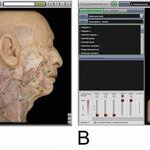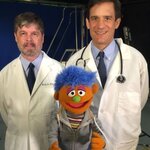
There's just no substitute for a dead body.
Computer teaching is all the rage and simulation can do many things, but when it comes to anatomy, students learn much better through the traditional use of human cadavers.
Cary Roseth, psychologist at Michigan State University, said the paper suggests cadaver-based instruction should continue in undergraduate human anatomy, a gateway course to medical school, nursing and other health and medical fields.
In the United States, most anatomy courses still emphasize the use of cadavers, although in many cases digital technologies supplement the…



